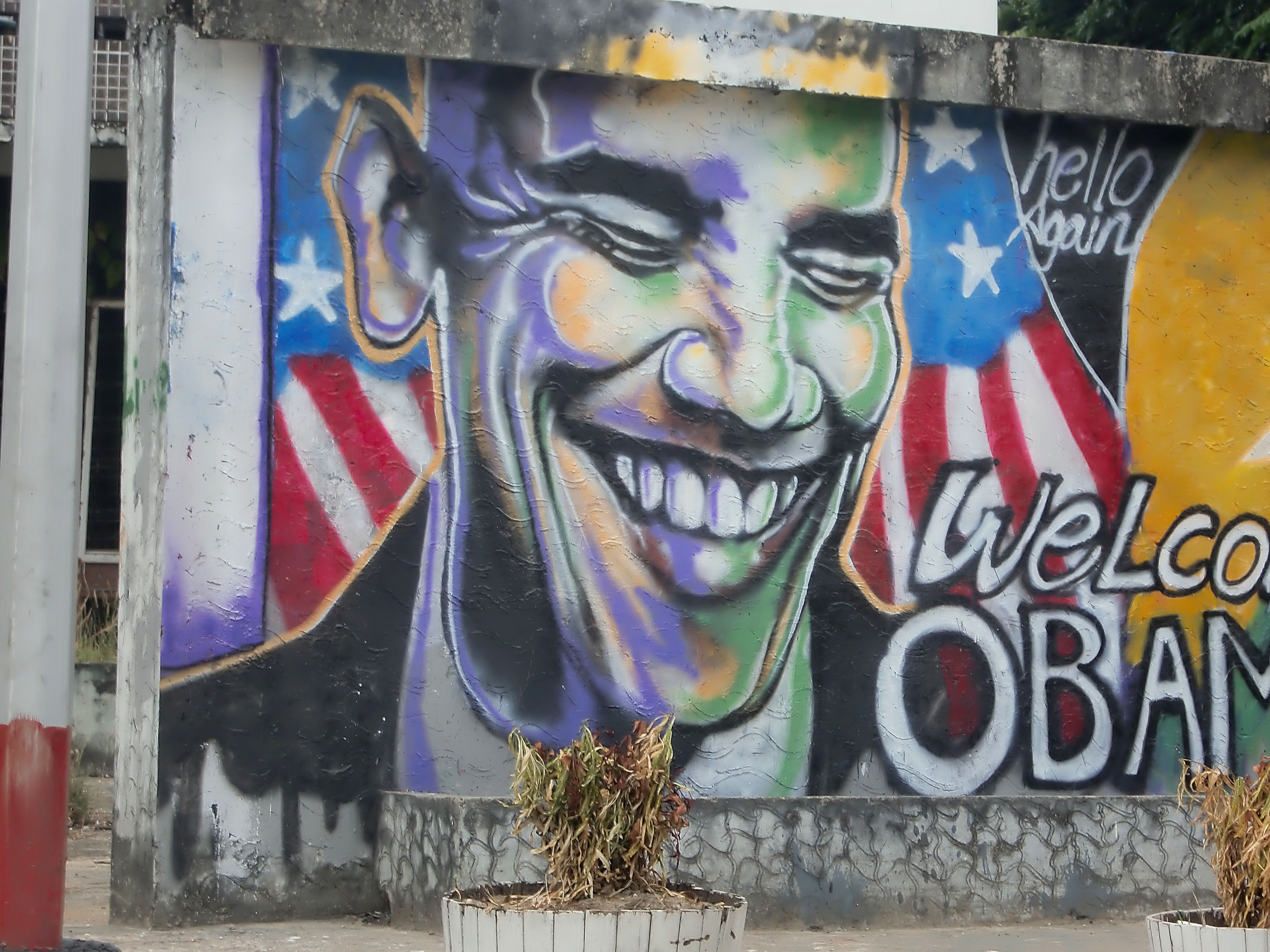After five decades under military rule, Myanmar faces many challenges in building a robust democracy. The election of Aung San Suu Kyi and 41 other members of the National League for Democracy (NLD) in parliamentary by-elections last April has stoked a degree of euphoria tempered by grim realities still prevailing in the country.
Attacks by members of the Buddhist majority targeting Rohingya Muslim communities in western regions bordering Bangladesh, and the recent military campaign against rebels in northern Kachin state across the border from China are key challenges to an inclusive, stable democracy. But there are many other problems associated with endemic poverty and the government's limited capacity to improve education, health care, the judicial system and infrastructural bottlenecks.
Many citizens in Asia's second-poorest nation — with an annual gross domestic product per capita of $1,300 (Afghanistan's is only $1,000) — have high hopes that this recent political opening will bring tangible benefits.

















With your current subscription plan you can comment on stories. However, before writing your first comment, please create a display name in the Profile section of your subscriber account page.